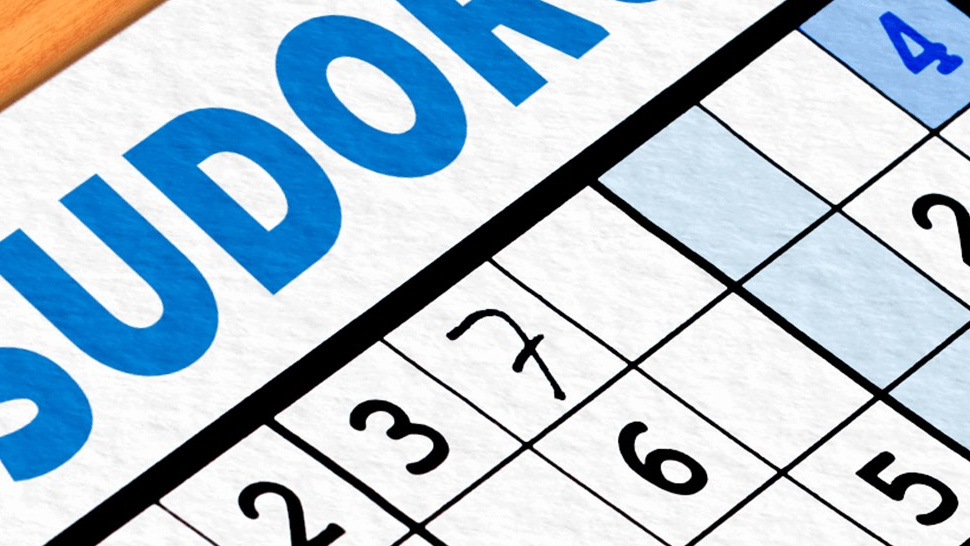My First Encounter with the Grid
I first discovered Sudoku back in high school, during a long bus ride. A friend handed me a newspaper folded open to the puzzle page and said, “Try this, it’s addictive.” At first glance, I was skeptical — just a bunch of numbers, right? But within minutes, I was hooked. I made mistakes, crossed out entire rows, and started over more times than I care to admit.
When I finally solved my first puzzle, I felt ridiculously proud — not because it was hard, but because it required me to slow down and think. It wasn’t about speed or luck; it was about logic, patience, and tiny victories that built up until the final number clicked into place.
The Magic of Simplicity
The beauty of Sudoku is how simple it looks — a 9x9 grid, nine boxes, numbers from 1 to 9. No flashy graphics, no fancy rules. Yet the simplicity hides something much deeper. Each puzzle feels like a mystery you’re trying to solve without any clues, only your ability to spot patterns and eliminate possibilities.
That balance between order and chaos fascinates me. It’s soothing in a world that often feels too noisy. Every time I fill in a number, it’s like restoring a small piece of harmony. Maybe that’s why I keep returning to it — Sudoku gives me control in the gentlest, most logical way possible.
The Rollercoaster of Frustration and Flow
Let’s be honest — Sudoku can drive you crazy. Sometimes I’ll get halfway through a puzzle, feeling confident, and then hit a wall. I’ll stare at the grid for what feels like hours, convinced there’s no solution. And just when I’m about to quit, something clicks. One tiny insight opens the entire puzzle again.
That’s my favorite part — that sudden rush when logic finally breaks through the fog. It’s pure flow. The outside world disappears, and it’s just me and the numbers dancing in quiet rhythm.
Of course, there are also hilarious fails. Once, I proudly finished an “expert” level Sudoku on my phone — only to realize two 5’s were sitting side by side in the same row. The app flashed red, and I laughed so hard I nearly dropped my coffee. Mistakes like that remind me to stay humble — and to double-check before celebrating.
Sudoku as Therapy
I’ve come to realize Sudoku is more than just a game — it’s therapy disguised as logic. Whenever I’m anxious or overwhelmed, opening a puzzle helps me slow down my racing thoughts. It forces me to focus on one thing at a time. Each number I place feels like a small act of calm.
It also trains my brain to approach problems differently. Instead of panicking when things get messy, I now tend to pause, observe, and reason through it — just like I do in Sudoku. It’s funny how something so small can shape how you handle much bigger challenges in life.
How I Play (and Stay Sane)
Over time, I’ve picked up a few habits that make Sudoku even more enjoyable:
I never rush. The moment I start chasing speed, I make mistakes. I’d rather enjoy the process than race to the end.
I always play with a pencil when it’s on paper. The soft sound of erasing feels oddly satisfying.
I use soft background music. Lo-fi beats or jazz piano set the perfect mood for concentration.
I take breaks. When the grid stops making sense, I walk away. Nine times out of ten, the solution appears when I return.
And here’s a fun one: I sometimes pair Sudoku with my morning coffee ritual. Something about that combination — caffeine and quiet logic — sets a perfect tone for the day.
The Small Lessons It Teaches
Sudoku has taught me a few valuable lessons I didn’t expect.
Patience pays off. Rushing only leads to chaos.
Mistakes are part of the process. Every wrong number teaches you something.
Focus beats multitasking. The more present you are, the clearer the answers become.
These lessons might sound small, but they sneak into everyday life. I find myself applying Sudoku logic to real problems — at work, in relationships, even in decision-making. It’s all about narrowing options, spotting patterns, and staying calm under pressure.
Why It Still Matters
In an era of fast dopamine — endless scrolling, constant notifications — Sudoku feels like rebellion. It demands patience, and it rewards quiet thinking. There’s no prize, no leaderboard, just the inner satisfaction of solving something with your own mind.
And maybe that’s why it’s timeless. People from every generation, in every country, can sit down with a Sudoku grid and feel the same kind of peaceful challenge. It connects us through the shared joy of thinking slowly.
That Final Click
Finishing a Sudoku puzzle never gets old. There’s that small, almost invisible smile when you fill in the last number — not because you won a prize, but because you completed something thoughtfully. It’s like tidying up your mind.
Sometimes I even take a photo of a particularly tough puzzle I’ve solved, just to remind myself: “You figured that out.” It’s a small but powerful confidence boost.
Closing Thoughts
Sudoku may look simple, but it has depth that keeps me coming back day after day. It’s a test of patience, logic, and focus — but also a quiet reminder that slowing down can be its own kind of joy.



Share the News